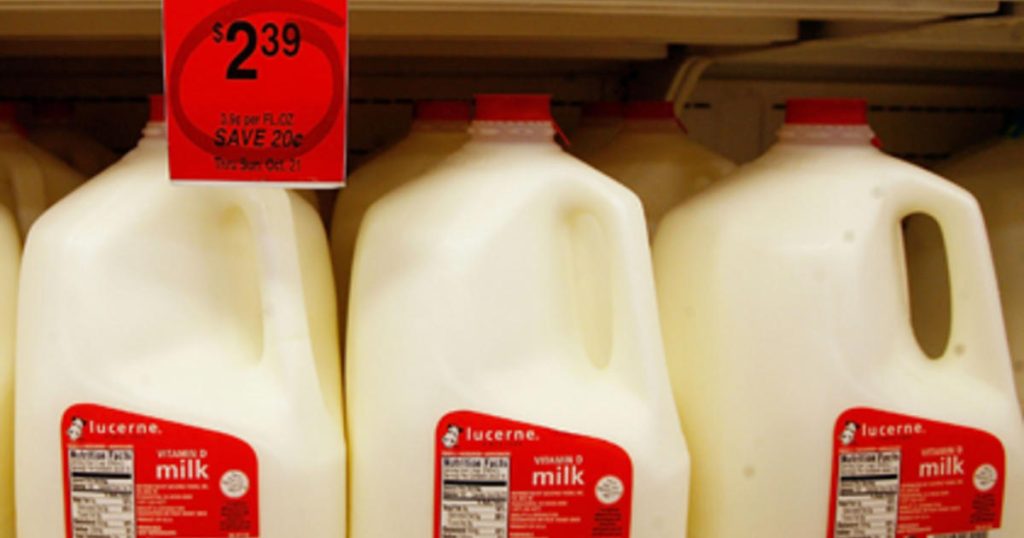The Agriculture Department is implementing new testing requirements for dairy cows to check for infections from highly pathogenic avian influenza, or HPAI H5N1, before they can be moved between states. This decision was made after samples of pasteurized milk were found to contain the virus, prompting further investigation to determine if it was due to live infectious virus or residual dead virus particles. The virus has been spreading among dairy cattle and was likely introduced from wild birds, leading to infections across at least eight states and even affecting a dairy worker in Texas.
State veterinarians and labs that find infected cattle are required to report their findings to the USDA, and farms with sick cows must undergo investigations before moving their cattle. The virus has primarily been found in raw milk and the organs that produce it, suggesting that it is being spread through surfaces contaminated with infected milk during the milking process. While most cows have been recovering from the virus without fatalities, there have been instances of mutations in the virus that might allow it to spread more efficiently in mammals.
There have been isolated incidences of infected cows, with one cow showing signs of the virus in its lung tissue before slaughter. Further research is being conducted to verify if pasteurized milk remains safe for consumption, with the FDA conducting tests to determine if the virus found in milk samples is potentially infectious. While early findings suggest that the virus in pasteurized milk is not infectious, more data is needed to fully assess the situation.
The FDA has been conducting a national survey of the U.S. milk supply to identify any presence of the virus and understand how it might be entering the food supply chain. While milk from cows showing symptoms of the virus is not being sold, there is a possibility that the virus could still make its way into the food supply chain from other sources. The traceability information is being used to track the source of contaminated milk, but further investigation is needed to fully understand the scope of the issue and prevent further spread of the virus.


